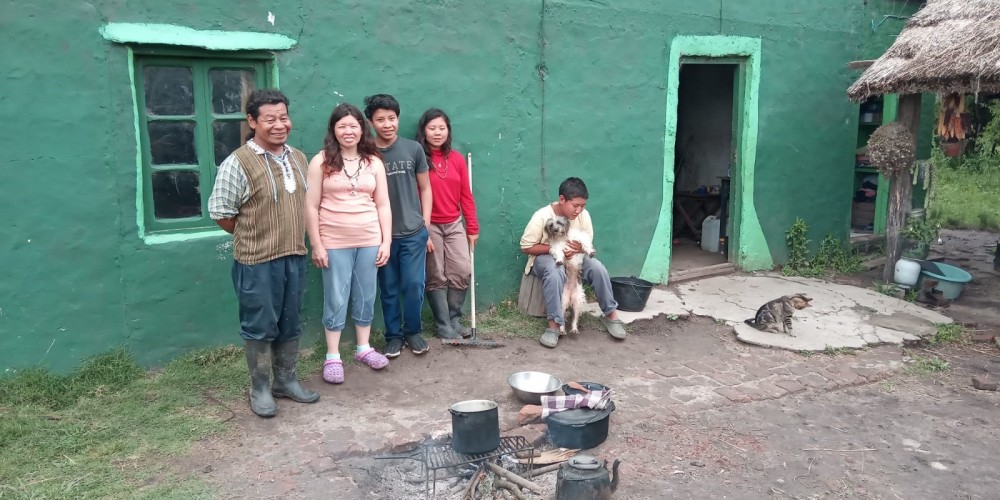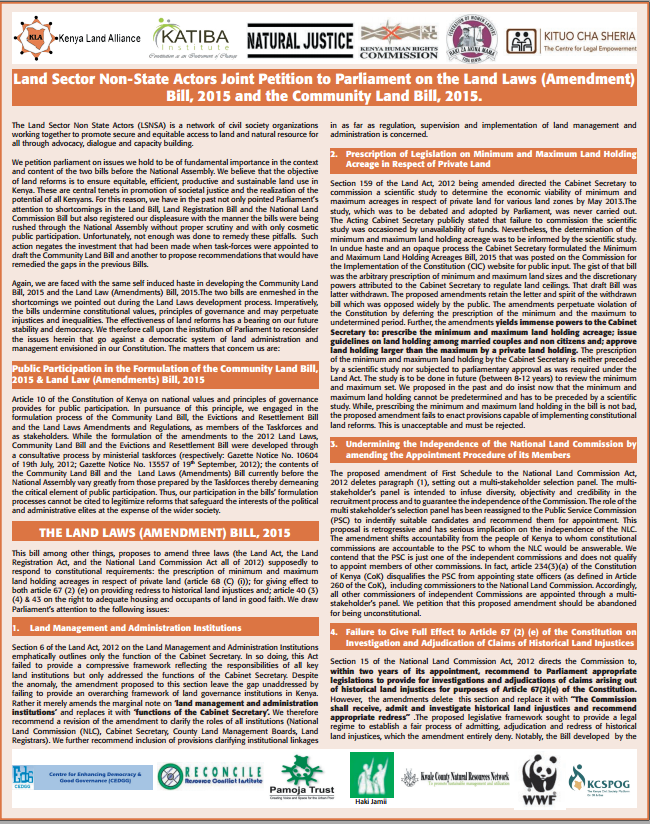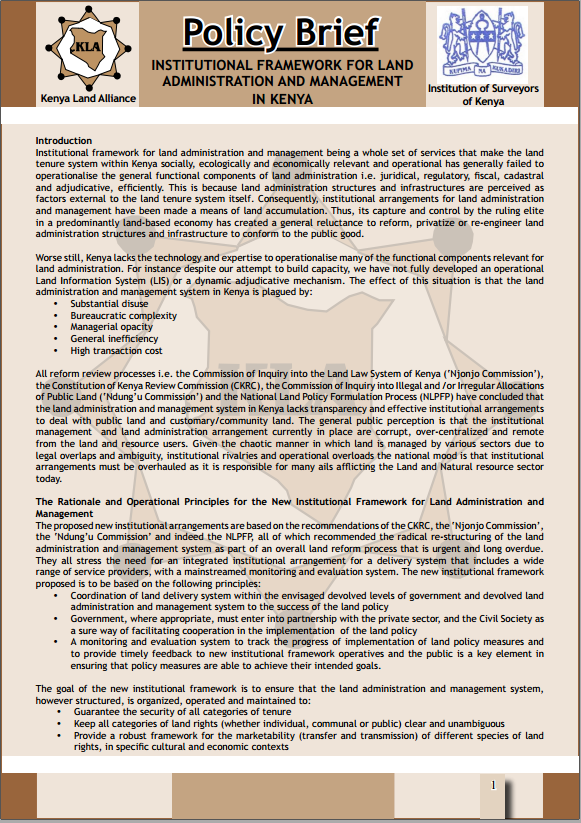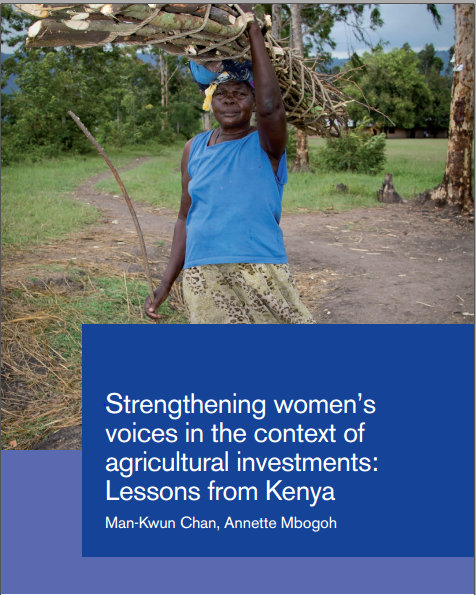Informe 2018 Acceso a la tierra y territorio en Sudamérica
Presenta insumos de nueve países sudamericanos, que abordan las posibilidades del acceso a la tierra y territorio para campesinos, indígenas y afrodescendientes, a través de los avances en la legislación agraria y territorial, los conflictos por tierra, socioambientales y otras disputas, las acciones populares, las propuestas, normas e institucionalidad correspondiente.












